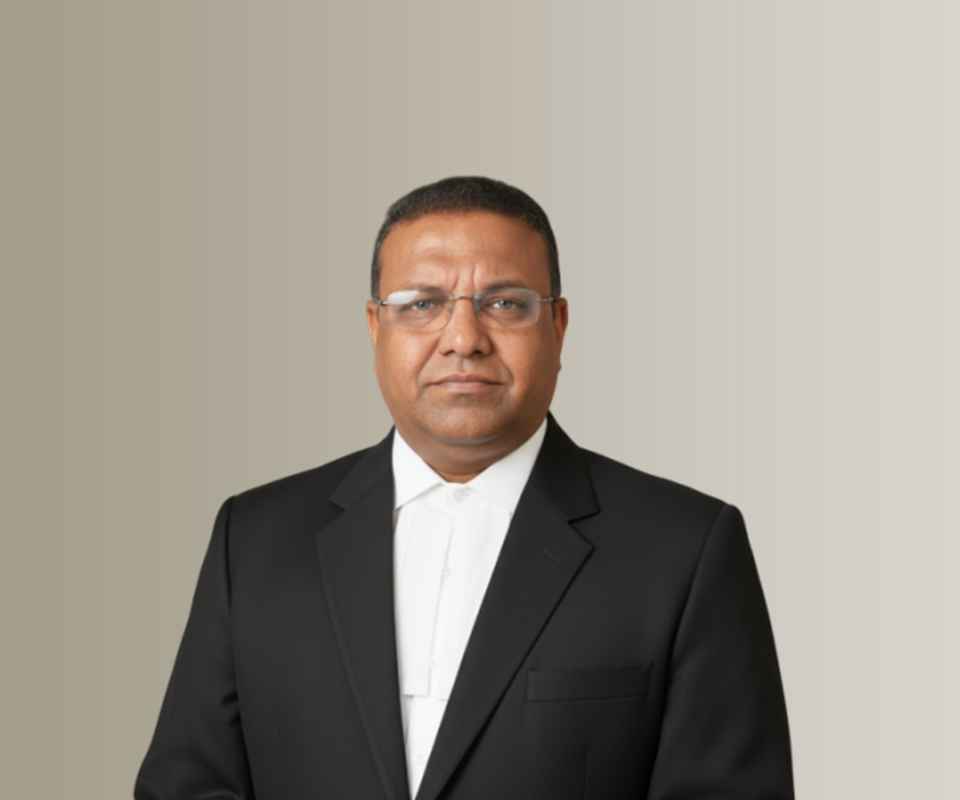Answer By law4u team
If the deceased is a Hindu and the cause of death is linked to medical negligence, the relevant law that applies for criminal prosecution and civil liability remains the same as under the general provisions of the Indian Penal Code (IPC). However, there are certain distinctions when it comes to the succession laws and liability under Hindu law in the case of a medical negligence-related death. 1. Medical Negligence and Criminal Law (IPC) The law that applies in cases of medical negligence leading to death, regardless of the religion of the deceased (including Hindus), is primarily under the Indian Penal Code (IPC), particularly: - Section 304A IPC: Causing death by negligence. - Section 338 IPC: Causing grievous hurt by an act endangering life or personal safety. - Section 337 IPC: Causing hurt by an act endangering life or personal safety. 2. Hindu Succession Laws When the deceased is a Hindu, the Hindu Succession Act, 1956 applies in matters related to the succession of the deceased's property. The law governing the succession and inheritance will be different from the provisions for criminal prosecution. Key points under Hindu succession law: - Intestate Succession: If the deceased was not married or did not leave a will, legal heirs (like children, parents, spouse, etc.) would inherit the property. - Will or Testament: If the deceased left a valid will, the property will be distributed according to the will. 3. Rights of the Family (Compensation) - Family Members’ Rights: In cases of medical negligence, the family members of the deceased (whether Hindu or otherwise) may file a case for compensation under the Consumer Protection Act or a civil suit for damages based on tort law. 4. Hindu Marriage and Property Laws (in Case of Death) If the deceased was married and the death was caused by medical negligence, the following can apply: - Widow’s Rights: A Hindu widow has a right to maintenance from the estate of the deceased under the Hindu Adoption and Maintenance Act, 1956. She can claim a share of the property as per the law of succession. - Children’s Rights: The children of the deceased, including sons and daughters, can inherit the property as per the Hindu Succession Act. Even daughters, post the 2005 amendment, have equal inheritance rights. 5. Legal Actions and Remedies Available to Family Members: - Criminal Case: The family may file a complaint with the police for medical negligence leading to death under the IPC, which could lead to a criminal trial against the medical professional. - Compensation: The family members may also seek compensation through civil courts under laws like the Consumer Protection Act or by filing a wrongful death suit. 6. The Role of the Court: - Criminal Case: The court will determine if the death was caused by gross negligence and if it warrants criminal liability for the medical professional. - Civil Case: The family members can file for compensation for the death of their loved one, which may be awarded based on the degree of negligence. Conclusion: If the deceased was a Hindu, the law regarding medical negligence leading to death remains the same as for any other religion, under the IPC. The Hindu Succession Act, 1956 will apply for matters related to the distribution of property and inheritance. The family members can seek criminal prosecution against the negligent medical professional and also claim compensation under civil law for wrongful death.








